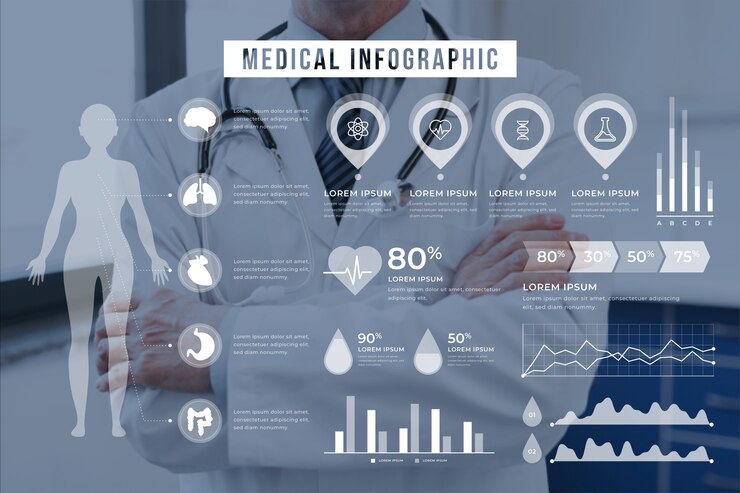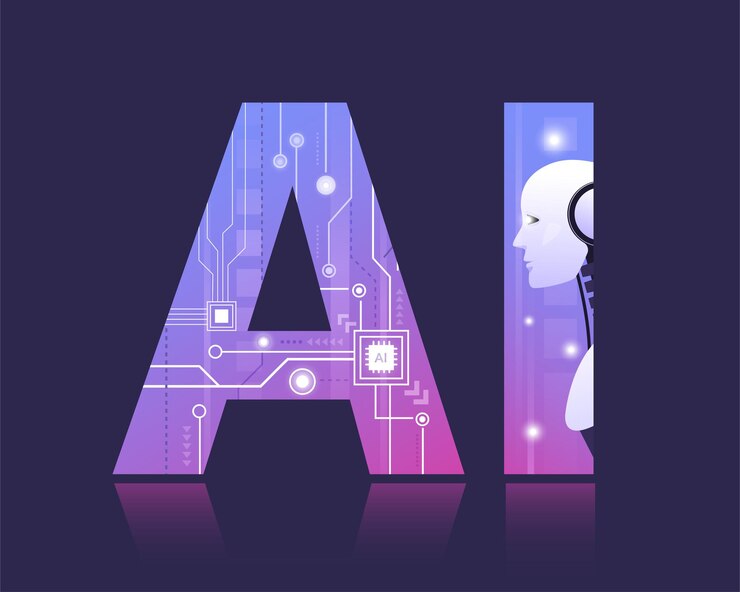Digital health innovations are transforming the healthcare landscape, offering unprecedented opportunities to improve patient care, enhance medical outcomes, and revolutionize healthcare delivery. From telemedicine and wearable devices to artificial intelligence and blockchain technology, digital health solutions leverage cutting-edge technologies to empower patients, streamline clinical workflows, and address healthcare challenges. This article explores the latest digital health innovations, highlighting their impact, applications, and potential to shape the future of healthcare.
- Telemedicine and Remote Patient Monitoring: Telemedicine platforms enable remote consultations, diagnosis, and treatment delivery, allowing patients to access healthcare services from the comfort of their homes. Video conferencing, secure messaging, and digital health records facilitate virtual appointments with healthcare providers, reducing the need for in-person visits and improving access to care, particularly in rural or underserved areas. Remote patient monitoring devices, such as wearable sensors and home-based monitoring kits, enable real-time tracking of vital signs and symptoms, empowering patients to manage chronic conditions and enabling proactive intervention by healthcare professionals.
- Wearable Health Technology: Wearable devices, such as smartwatches, fitness trackers, and biosensors, offer continuous monitoring of health metrics and lifestyle behaviors, providing valuable insights into patients’ health and well-being. These devices track parameters such as heart rate, activity levels, sleep patterns, and glucose levels, enabling personalized health monitoring and intervention. Integrating wearable technology with mobile apps and cloud-based platforms enables data analysis, trend tracking, and personalized health coaching, empowering individuals to make informed decisions about their health and lifestyle.
- Artificial Intelligence and Machine Learning: Artificial intelligence (AI) and machine learning (ML) algorithms are revolutionizing healthcare by enabling advanced data analysis, predictive modeling, and clinical decision support. AI-powered diagnostic tools, such as image recognition algorithms and natural language processing (NLP) systems, assist healthcare providers in interpreting medical images, electronic health records (EHRs), and diagnostic tests, improving diagnostic accuracy and efficiency. ML algorithms also facilitate predictive analytics for disease prognosis, treatment planning, and population health management, enabling personalized and evidence-based care delivery.
- Digital Therapeutics and Health Apps: Digital therapeutics (DTx) and health apps deliver evidence-based interventions and behavioral therapies through digital platforms, targeting various health conditions and lifestyle factors. These interventions include cognitive behavioral therapy (CBT) for mental health disorders, digital rehabilitation programs for physical disabilities, and personalized wellness coaching for chronic disease management. DTx solutions leverage interactive tools, educational resources, and gamification techniques to engage users and promote behavior change, complementing traditional medical treatments and enhancing patient outcomes.
- Blockchain Technology and Health Data Security: Blockchain technology offers secure and transparent solutions for managing health data, ensuring privacy, integrity, and interoperability across healthcare systems. Blockchain-based platforms enable secure sharing of electronic health records (EHRs), patient consent management, and supply chain traceability for pharmaceuticals and medical devices. By decentralizing data storage and implementing cryptographic techniques, blockchain enhances data security, reduces data breaches, and empowers patients to control their health information, fostering trust and accountability in healthcare transactions.
Digital health innovations are reshaping the healthcare landscape, empowering patients, and providers with unprecedented tools and capabilities to improve health outcomes and enhance the quality and efficiency of care delivery. By embracing telemedicine, wearable technology, AI-driven diagnostics, digital therapeutics, and blockchain-enabled data security solutions, healthcare stakeholders can unlock new opportunities for innovation, collaboration, and transformation in the digital age. As digital health continues to evolve and mature, it is essential to prioritize ethical considerations, regulatory frameworks, and equity in access to ensure that these innovations benefit all individuals and communities, ultimately advancing the goal of universal healthcare and well-being.




One thought on “Digital Health Innovations Revolutionizing Healthcare”